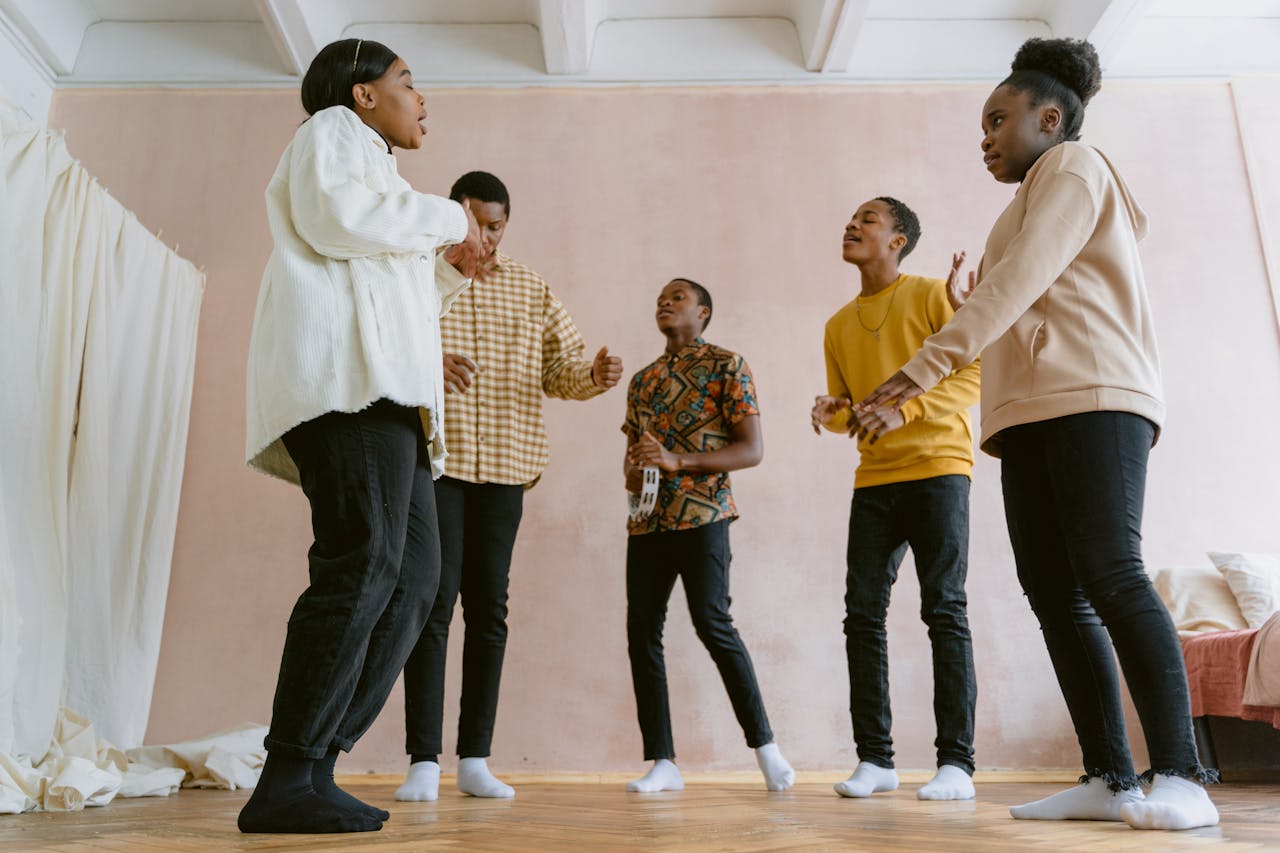
Historically, Black communities have been disproportionately affected by disasters, both natural and man-made. From Hurricane Katrina to recent events like COVID-19 and winter storms, many of us have experienced firsthand how quickly our lives can be upended. These events have exposed vulnerabilities in infrastructure, access to resources, and social support systems that often leave our communities on the front lines of crisis.
But here’s the good news: we can take action now. Preparedness is about empowerment—having the knowledge, tools, and plans in place to protect our families and reclaim control over our future in uncertain times. Disaster preparedness isn’t just for survivalists or for when a hurricane is on the horizon. It’s an everyday practice of being ready for whatever comes our way, from economic hardships to unexpected emergencies.
If you’re new to the world of disaster preparedness, don’t worry! Getting started is easier than you think. Here are five simple steps to help you prepare:
Every family should have a plan in place for emergencies. Discuss with your loved ones how you’ll communicate during a crisis, where you’ll meet if separated, and how you’ll evacuate if needed. Write it down and practice it regularly.
Gather essential supplies that will last you for at least 72 hours (3 days). Include items like bottled water, non-perishable food, a flashlight, first aid supplies, batteries, medications, and important documents. Don’t forget to pack extras like personal hygiene items and items for babies, the elderly, or pets.
Make sure you have access to reliable information sources during an emergency. Sign up for local emergency alerts and follow organizations like the National Weather Service and local government agencies. It’s also helpful to have a battery-powered or hand-crank radio to receive updates if the power goes out.
Community networks are critical in times of crisis. Get to know your neighbors and build relationships within your community. Many Black churches, Mosques, organizations, and social groups are stepping up to help with disaster preparedness efforts. Find out what resources are available in your area and how you can contribute.
Emergencies can bring unexpected expenses. Set aside a small emergency fund if possible and keep copies of important documents (insurance papers, IDs, etc.) in a waterproof and portable container. Knowing that you have a financial safety net can give you peace of mind.
Resilience is in our DNA. Black history is a testament to strength, endurance, and community. From overcoming systemic barriers to standing strong in the face of social, economic, and environmental challenges, we have always found ways to thrive. Disaster preparedness is a continuation of that legacy—it’s about protecting what we’ve built and ensuring our families and communities are ready for any challenge that comes our way.
Incorporating preparedness into our lives means tapping into the traditions of mutual aid and collective care that have long been part of our culture. Whether it’s organizing food drives, supporting Black-owned businesses during economic downturns, or ensuring our elderly relatives have access to the resources they need, we know how to show up for each other.
Part of being prepared is staying informed. Many of our families may not be aware of the wealth of resources available to help them prepare for disasters. From local government programs to non-profits and faith-based initiatives, there are support systems in place to help. Now is the time to tap into these resources.
At Safe, Not Sorry, we are dedicated to providing the knowledge, tools, and supplies that will help our community become more resilient. We offer a range of educational resources and high-quality emergency kits designed to meet the specific needs of Black families and communities. Together, we can ensure that no one is left behind when disaster strikes.
As we step into the world of disaster preparedness, let’s do so with a sense of pride and purpose. Our ancestors faced countless challenges and persevered, paving the way for us to thrive today. In that same spirit, let’s embrace preparedness not out of fear, but as an act of love—for our families, our neighborhoods, and ourselves.
Join us on this journey. Preparedness is not just about surviving; it’s about thriving, even in the face of adversity. Let’s ensure that our community is not just ready for the unexpected but is also positioned to recover stronger than ever.
Stay prepared. Stay empowered. Stay resilient.
As Salaam Alaikum!
Thank you for a great article, helpful site and the presentation done during HDOA 2024.
This article offers a streamlined process which is very necessary. Thank you all for saying (in the workshop) to start where we can and build, giving us a life boat across this wide range of things that need to be addressed in a better response to the Honorable Minister Louis Farrakhan's warning: Watch the weather. Here in NC, I have seen the coast eaten up by the Atlantic Ocean and recently learned the term, "climate migration" speaking to the execution of the Warning that America would be curtailed on its sides. I'll be sharing this site as one of the ways to help our families and communities prepare.
Thank you, again!